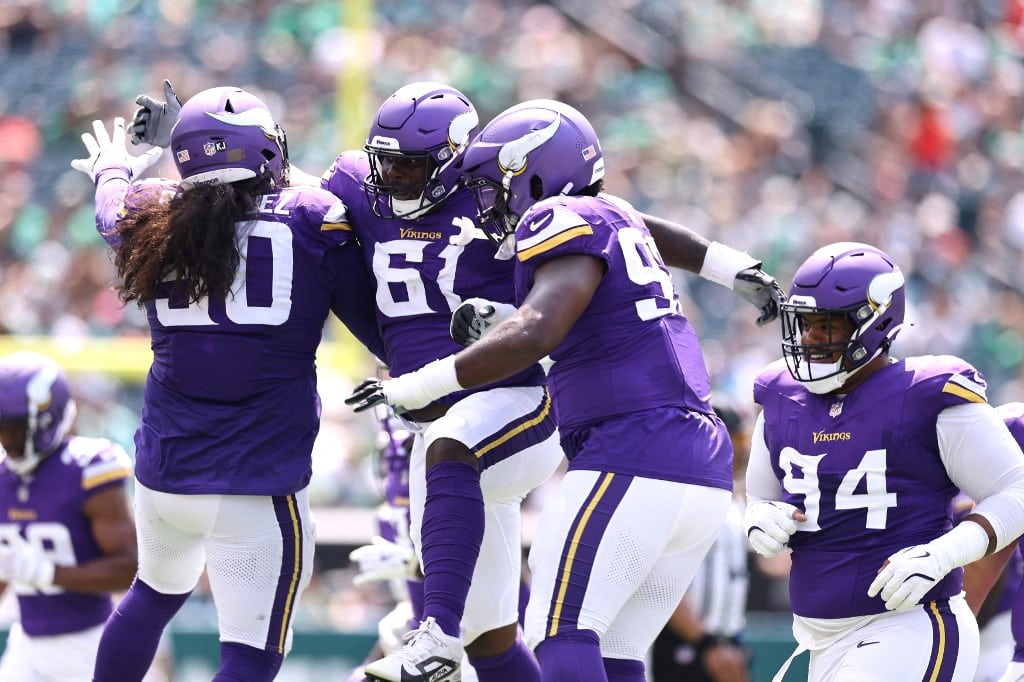
Only 11 states have yet to pass or launch retail and/or mobile sports betting, and Minnesota is one of them. However, a committee has already conducted a hearing regarding the socio-economic effects of sports betting in anticipation of looming legislation.
Airing Grievances
The Minnesota Senate’s Finance Committee recently conducted an informational hearing focusing on the “economic, health, and social harms resulting from online sports betting.” Needless to say, there was no shortage of anti-sports betting advocates willing to share their opinions.
Democratic-Farmer-Labor Sen. John Marty, chairman of the committee, expressly stated that this was going to be a one-sided hearing and that the economic benefits would not be discussed at this juncture. Once gaming industry representatives caught wind of the nature and tenor of the meeting, many withdrew from attending.
Marty’s Sports Betting Proposal
Yet, Senator Marty is expected to sponsor a conservative brand of sports betting in the state and one that will prohibit in-game wagering as well as push notifications to alert customers through their mobile devices about promotions and bonuses. Minnesota’s legislative session will not begin until January 14th, when bills can be officially introduced.
Research Findings
UCLA Professor Brett Hollenbeck submitted findings of a working paper that average credit scores dropped approximately 1% in states with mobile gaming.
“Which is about seven literal points on your credit score,” Hollenbeck told the committee over video. “But I would also stress that small effect is measured over the full population, and we don’t expect the majority of people in the state are even participating in legal gambling, let alone developing problematic habits. So, it suggests that for the people who are potentially problem gamblers, they may be experiencing a very large decrease in their credit scores, so much so that it shows up in the average for the full population.”
There were other academics that also shared their research with the committee, like Northwestern University Professor Scott Baker, who stated, “This gambling is obviously a very popular pastime, but I think we have to consider some of the financial ramifications for households.
“We do find some reductions, quite sizable reductions, in investments, which is often something state and federal governments are trying to really encourage. And a lot of this burden seems to fall on more financially constrained households who might already be struggling in other things.”
The Flip Side
Despite the gloom and doom prophecies regarding the potential deleterious effects sports betting will have on the Minnesota populace, there was DFL Senator Nick Frentz, who provided a counterbalance to the arguments against sports betting.
“I appreciate the perspective, especially in so far as we’re trying to protect certain Minnesotans from harm,” Frentz said. “We do that as a state government without trying to intrude. The simple fact is we have had testimony this morning largely ignoring the fact that many Minnesotans want to do this.”
Addressing Vulnerability and Benefits
Although studies have shown between 1% and 8% of Minnesotans could be vulnerable to having easy access to sports betting, Frentz turned it around and stated between 92% and 99% would not be adversely affected.
Minnesota Indian Gaming Association Executive Director Andy Platto wrote a letter to the committee stating in part, “Gaming revenues have improved the lives of Native peoples and their communities in Minnesota for over 30 years. Legalizing mobile sports wagering with tribally exclusive licenses protects and strengthens tribes’ ability to operate their sovereign governments and support their communities.”






